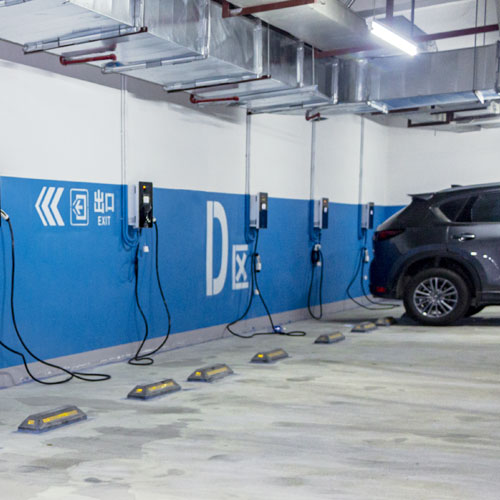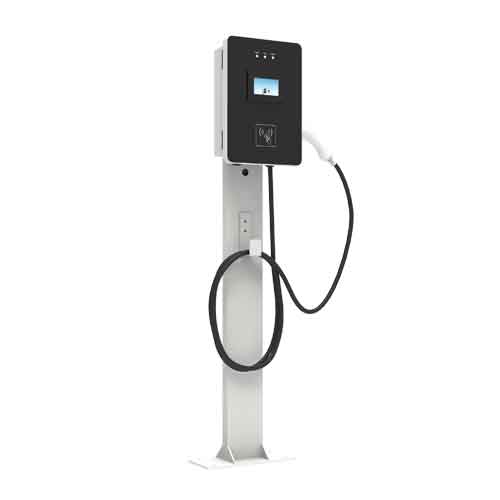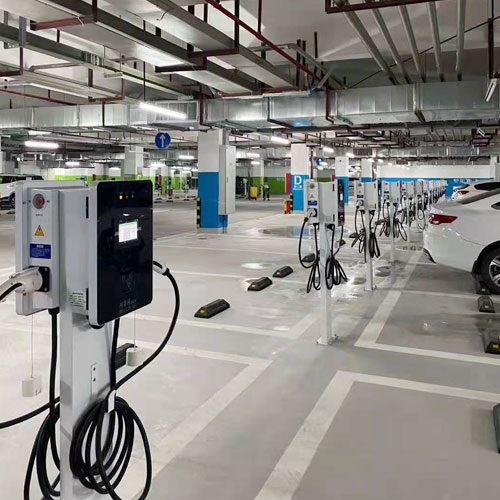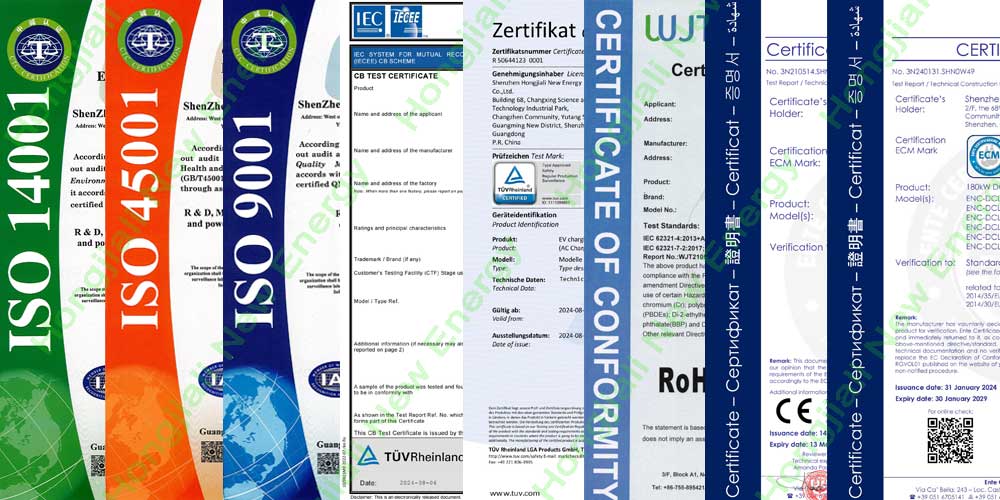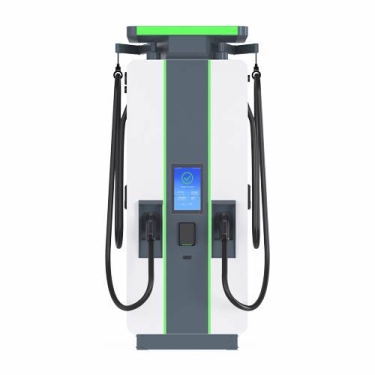Here are some introductions to AC electric vehicle charging station (7kW):
1. Definition and working principle
1.1. Definition: AC electric vehicle charging station (7kW) refers to a charging place composed of an AC charger with a rated power of 7 kilowatts and its supporting facilities, which is specially designed to provide charging services for electric vehicles.
1.2. Working principle: The 7kW AC charger safely transmits the AC power of the power grid to the battery of the electric vehicle for charging through a series of conversions and controls. Its working principle is similar to that of a large power adapter, which converts the 220/240V AC power of the mains into AC power suitable for charging electric vehicle batteries.
2. Features and advantages
2.1. Moderate power: 7kW power can replenish a considerable amount of electricity for electric vehicles in a relatively short time, meeting the daily use needs of most car owners.
2.2. Convenient installation: 7kW AC chargers are usually of moderate size and relatively simple to install. They can be installed in private garages, residential parking spaces, commercial parking lots and other places.
2.3. Wide applicability: Most electric vehicles support AC charging mode. 7kW AC chargers have a wide range of applicability. Whether it is a small electric vehicle or a medium-sized electric vehicle, it can be charged through it.
2.4. Battery-friendly: AC charging method causes relatively little damage to the battery, which can extend the battery life to a certain extent and reduce the owner's use cost.
2.5. Multiple safety protections: It has multiple safety protection functions such as overvoltage protection, overcurrent protection, and leakage protection. When an abnormal situation is detected during charging, the 7kW AC charger will automatically cut off the power supply immediately to ensure the safety of vehicles and personnel.
3. Charging time and influencing factors
3.1. Charging time: The charging time of a 7kW AC charger will be affected by many factors, including the capacity of the electric vehicle battery, the remaining power, and the charging efficiency of the vehicle itself. Generally speaking, for an electric vehicle with a battery capacity of about 50kWh, if it starts charging from 20% of the remaining power, it takes about 6 to 8 hours to fully charge using a 7kW AC charger.
3.2. Influencing factors: The larger the capacity of the electric vehicle battery, the longer the charging time required; the less the remaining power, the faster the charging speed, but the charging speed will slow down when it is close to full power; the charging efficiency of the vehicle itself will also affect the charging time.
4. Construction and maintenance costs
4.1. Construction cost: A 7kW AC charger costs about 1,000 to 5,000 yuan (including charger equipment, lines, auxiliary materials and installation fees). If a charging station with multiple chargers is built, the equipment cost will increase significantly, and the cost of other equipment such as transformers, power distribution equipment, monitoring equipment, safety equipment, as well as site rental or purchase costs, civil engineering costs, etc. must also be considered.
4.2. Maintenance cost: In terms of hardware equipment, the annual maintenance cost of a 7kW AC charger ranges from several hundred yuan to one thousand yuan, depending on the type of charger and its usage. In addition, there are expenses such as electricity costs, labor maintenance costs, and insurance costs. In order to reduce costs, the technology can be improved through optimized design and mass production, reasonable layout planning, and the use of intelligent management systems to monitor the operating status in real time, and to warn and handle faults in advance.
5. AC electric vehicle charging station (7kW) project display
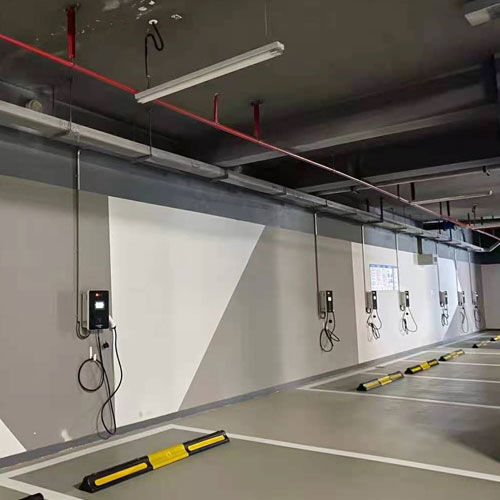
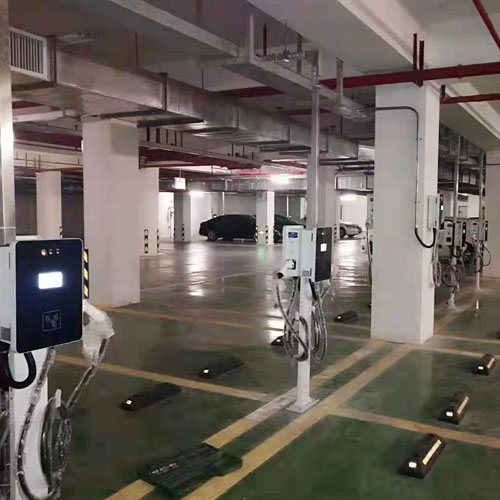
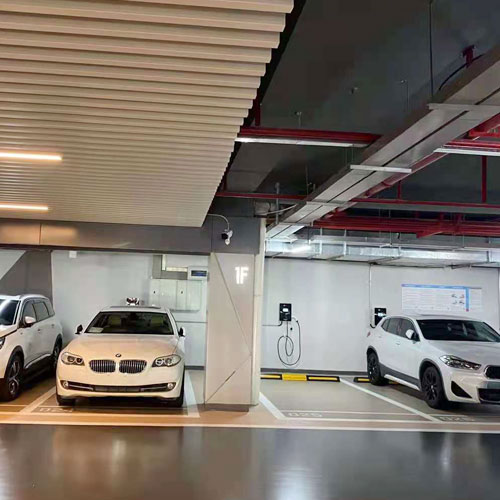
 +86 18924678741
+86 18924678741 sales@hjlcharger.com
sales@hjlcharger.com Shenzhen City, Guangdong Province, China
Shenzhen City, Guangdong Province, China


